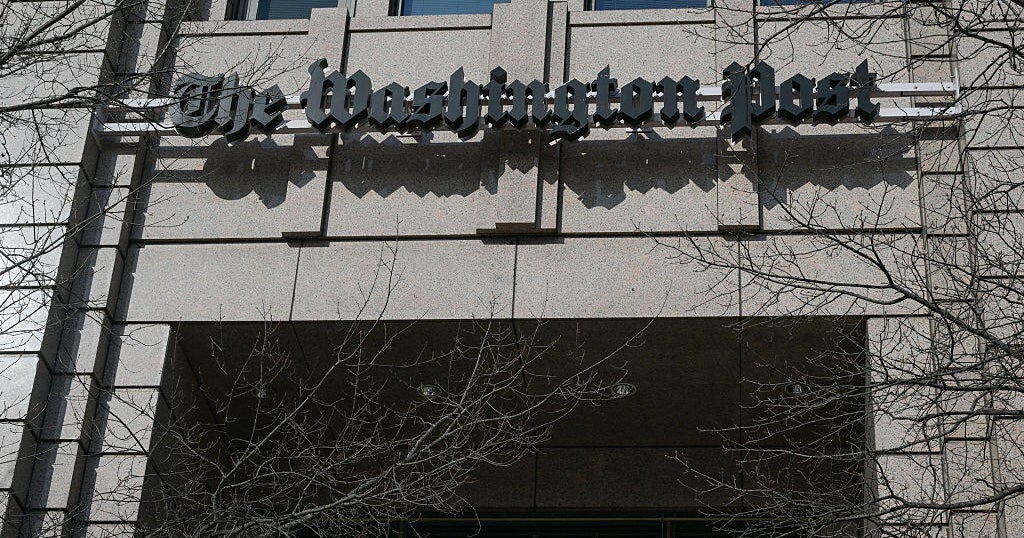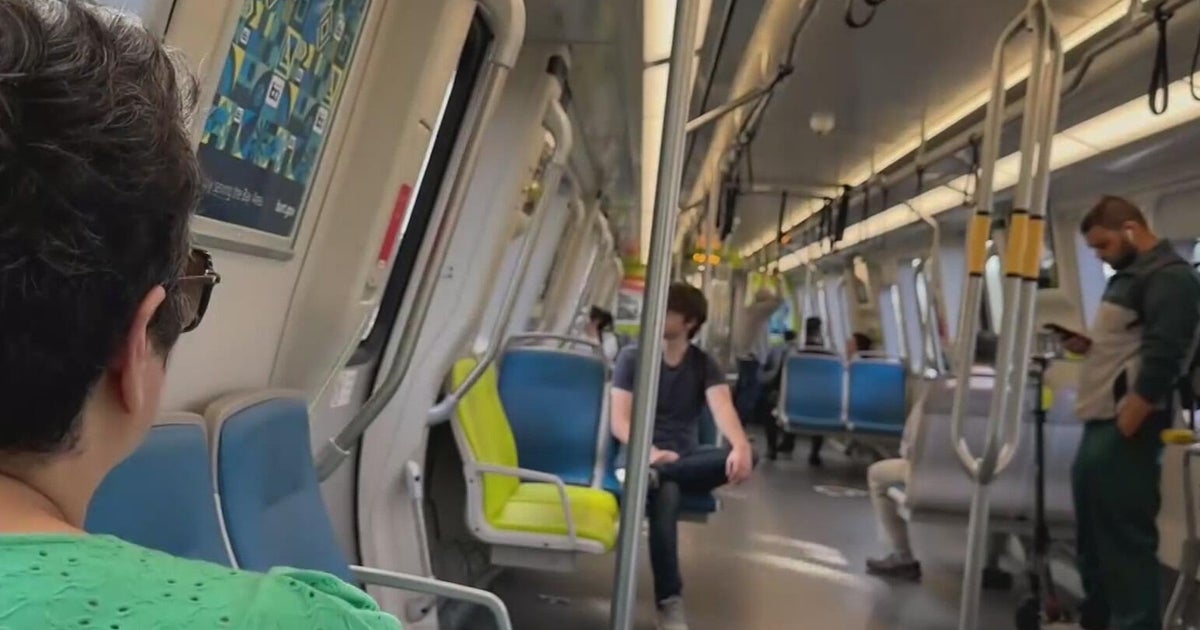Lyft to "significantly reduce" workforce under new CEO
Lyft is preparing to lay off hundreds of employees just days after new CEO David Risher took the helm of the ride-hailing service. It's the latest in a series of layoffs that have rocked the once high-flying technology industry.
In a blog post Friday, Risher told employees the company would "significantly reduce" the workforce as part of restructuring. Risher, a former Amazon executive, said the cuts were aimed at making Lyft a "faster, flatter company where everyone is closer to our riders and drivers."
"I own this decision, and understand that it comes at an enormous cost," Risher continued. "We're not just talking about team members; we're talking about relationships with people who've worked (and played) together, sometimes for years." The note came at end of his first week as Lyft's CEO.
Employees will find out if they're keeping their jobs by Thursday, April 27, Risher said. Those laid off will get at least 10 weeks' severance pay and health insurance coverage through the end of October, according to the post.
The Wall Street Journal reported that at least 1,200 positions, or more than 30% of Lyft's staff, would be cut, citing unnamed sources. These include sofware engineers, product managers and other white-collar workers across the U.S., since Lyft doesn't count its drivers as employees.
A Lyft spokesperson declined to confirm the size of the cuts.
"David has made clear to the company that his focus is on creating a great and affordable experience for riders and improving drivers' earnings," the spokesperson said in a statement to CBS News. "To do so requires that we reduce our costs and structure our company so that our leaders are closer to riders and drivers."
Latest cuts
The planned layoffs are the second round of cuts for Lyft in the current downturn, after the company shed 700 jobs, or about 13% of its workforce, in November.
Risher was a Lyft board member before being recruited to replace co-founders Logan Green and John Zimmer, who stepped down from leadesrhip roles earlier this month. In an interview with The Associated Press shortly after his hiring was announced, Risher cited expense control as one of his top priorities.
By ensuring Lyft is "super efficient," Risher said the company would be in a better position to lower its fares to lure back passengers who had shifted to using Uber more frequently because that service was offering lower prices for the same trips.
It was a theme Risher emphasized again in his Friday email explaining why he decided to slash the payroll, which doesn't include Lyft's drivers — a group that is classified as independent contractors.
"We need to bring our costs down to deliver affordable rides, compelling earnings for drivers, and profitable growth," Risher wrote.
Losing ground to Uber
Lyft has been struggling to turn a profit ever since the pandemic, when fewer customers were traveling but more were ordering items online. Unlike competitor Uber, Lyft never expanded beyond ride-hailing into deliveries, and it restricted its business to North America.
During the past year, it has become even clearer that consumers fell out of the Lyft habit as Uber's ridership bounced back to pre-pandemic levels and Lyft's losses mounted, causing its stock to plunge by 68%.
Lyft's stock rose 6% on Friday to about $10.44 after the layoffs were announced.
Recurring waves of layoffs are emerging as a new phenomenon in the tech industry, reversing more than a decade of mostly unbridled growth.
Both Facebook owner Meta Platforms and e-commerce giant Amazon have gone through two rounds of major layoffs during the past year. Pandemic-fueled demand for digital services and products resulted in hiring sprees that they and other tech companies began to regret as the COVID-19 threat waned and growth tapered off.



